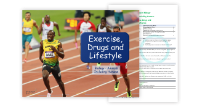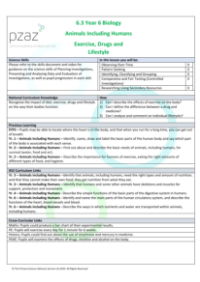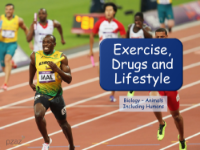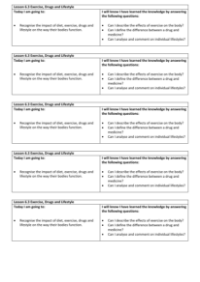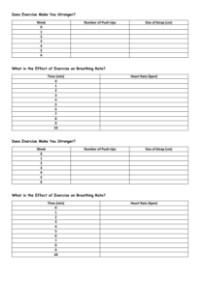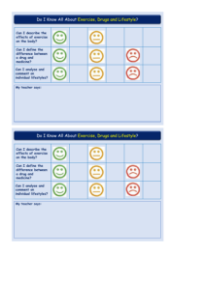Exercise, Drugs and Lifestyle - Drugs and Medicines
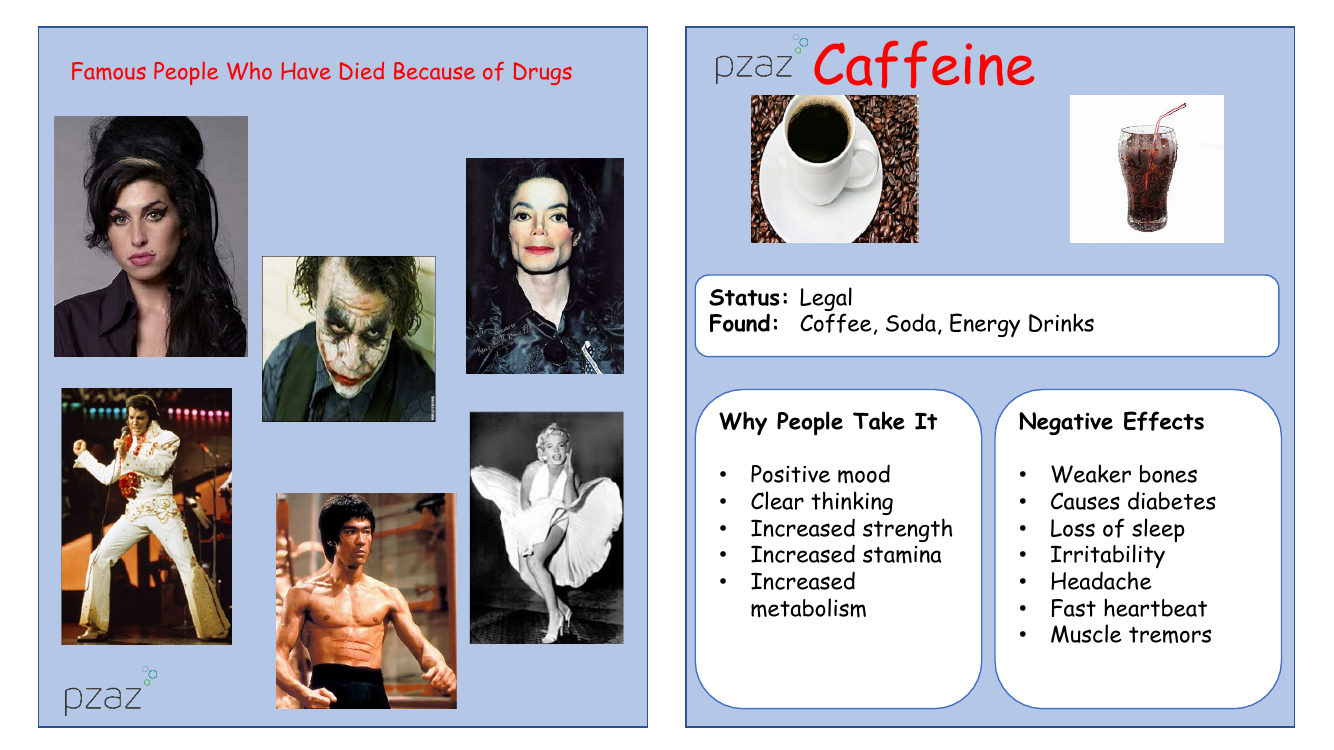
Science Resource Description
Caffeine is a legal stimulant commonly found in coffee, soda, and energy drinks. People consume caffeine for its benefits, such as improved mood, clear thinking, increased strength, stamina, and metabolism. However, there are several negative effects associated with caffeine consumption, including weaker bones, an increased risk of diabetes, loss of sleep, irritability, headaches, a fast heartbeat, and muscle tremors. Nicotine, also legal, is present in cigarettes, cigars, and tobacco. It is taken for its memory improvement, antidepressant effects, and body weight reduction. Yet, nicotine is highly addictive, can cause cancer, heart problems, increase blood pressure, and lead to loss of appetite.
Alcohol, found in beer, wine, and spirits, is consumed for its ability to lower the risk of heart problems, help overcome social awkwardness, and act as a relaxant. Nevertheless, excessive doses can be addictive and lead to a risk of heart attack, liver and kidney problems, violent behaviour, depression, and financial depletion. Vaping, through e-cigarettes, is another legal activity where people engage in to help stop smoking, prevent weight gain, and reduce second-hand smoking risks. Despite these perceived benefits, vaping can cause a dry mouth, dizziness, a sore throat, coughing, potential lung damage, and insomnia. Aspirin and Paracetamol are legal medicines available in supermarkets and pharmacies, used for pain relief and fever reduction, among other benefits. However, they can cause side effects such as dizziness, dry mouth, stomach problems, kidney issues, liver damage, nausea, and mouth ulcers.

